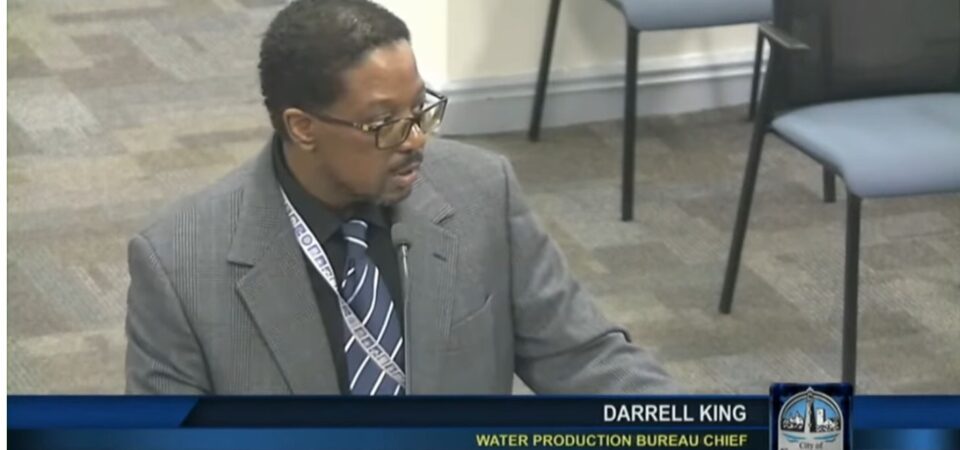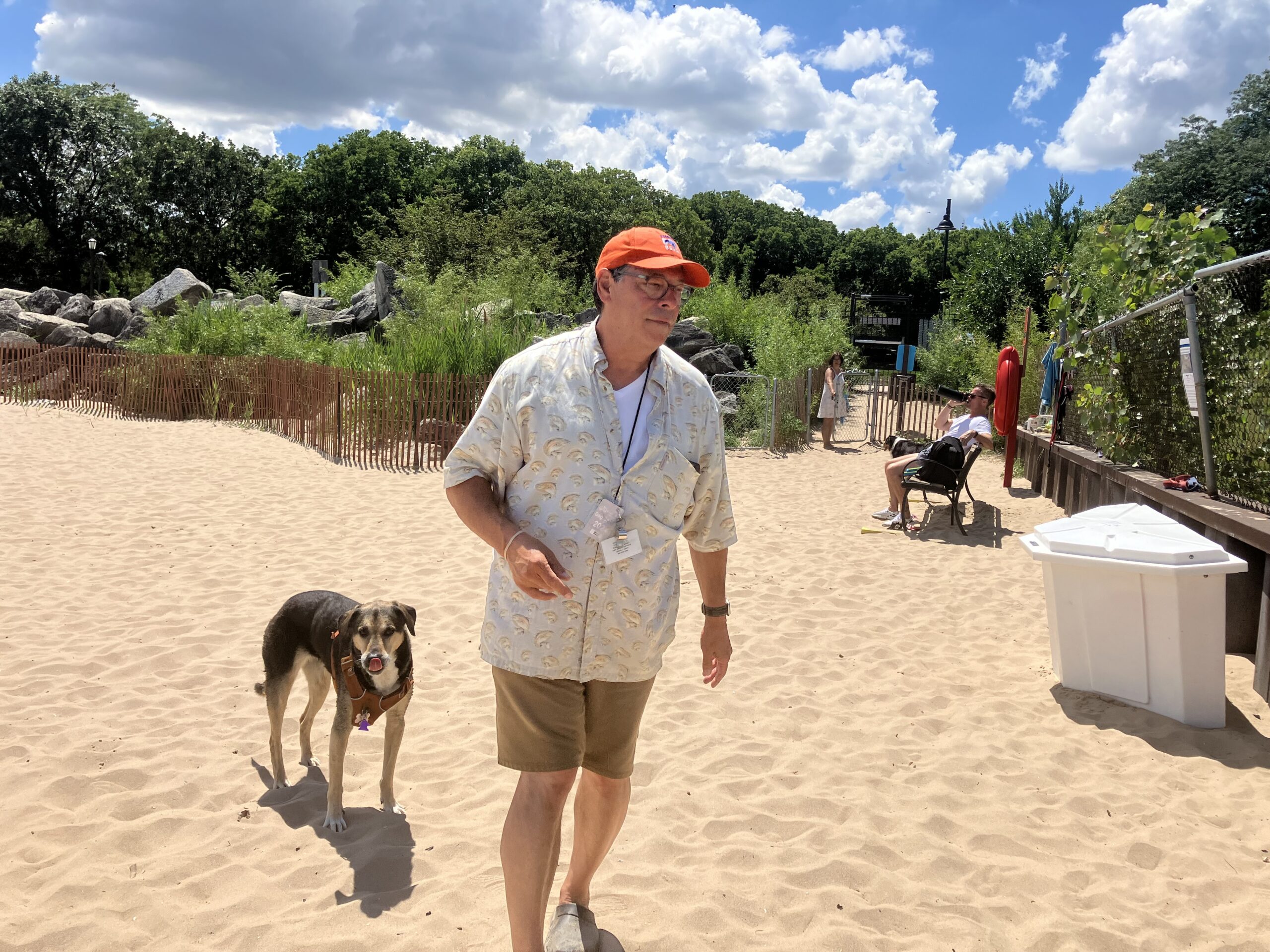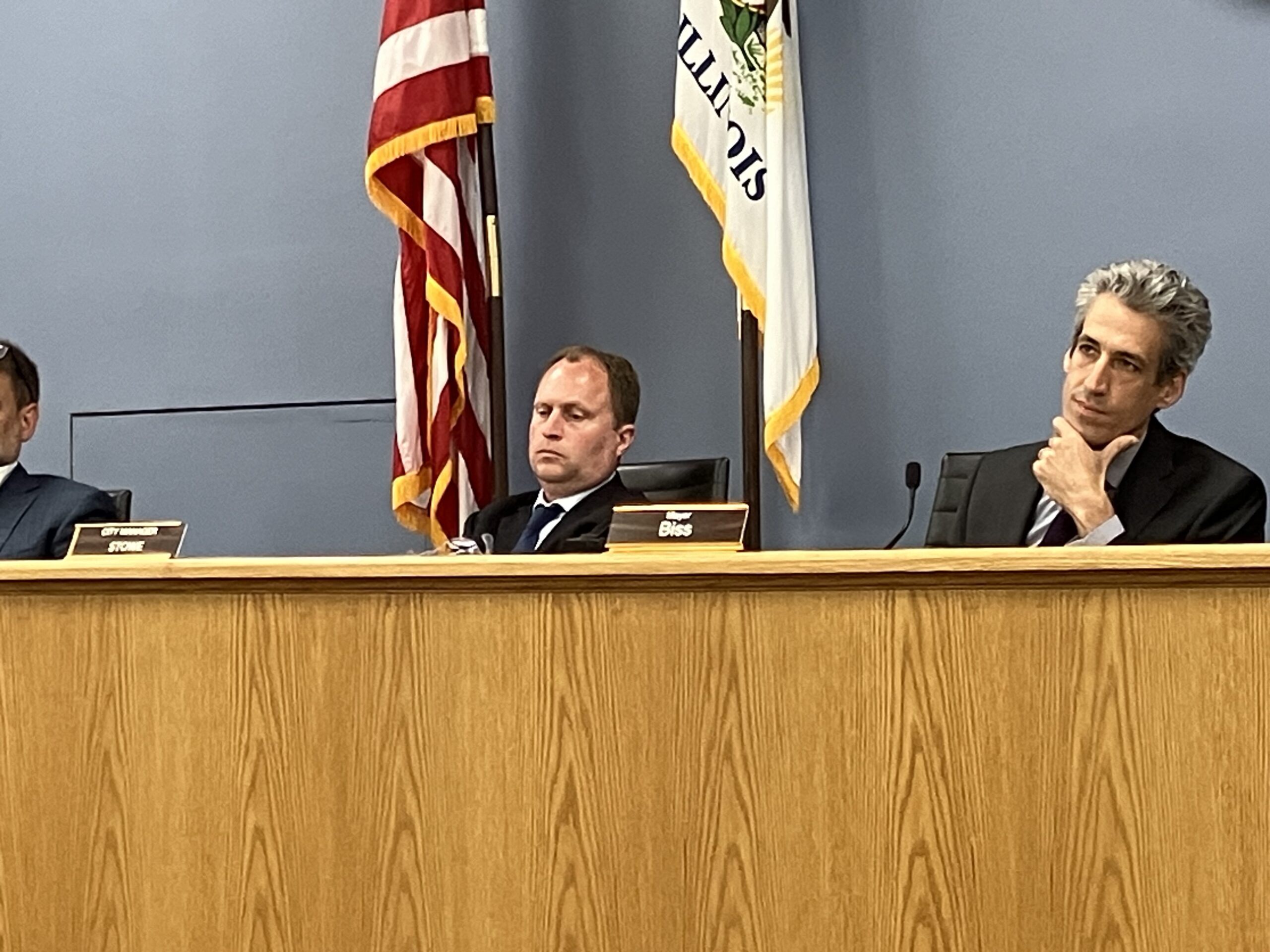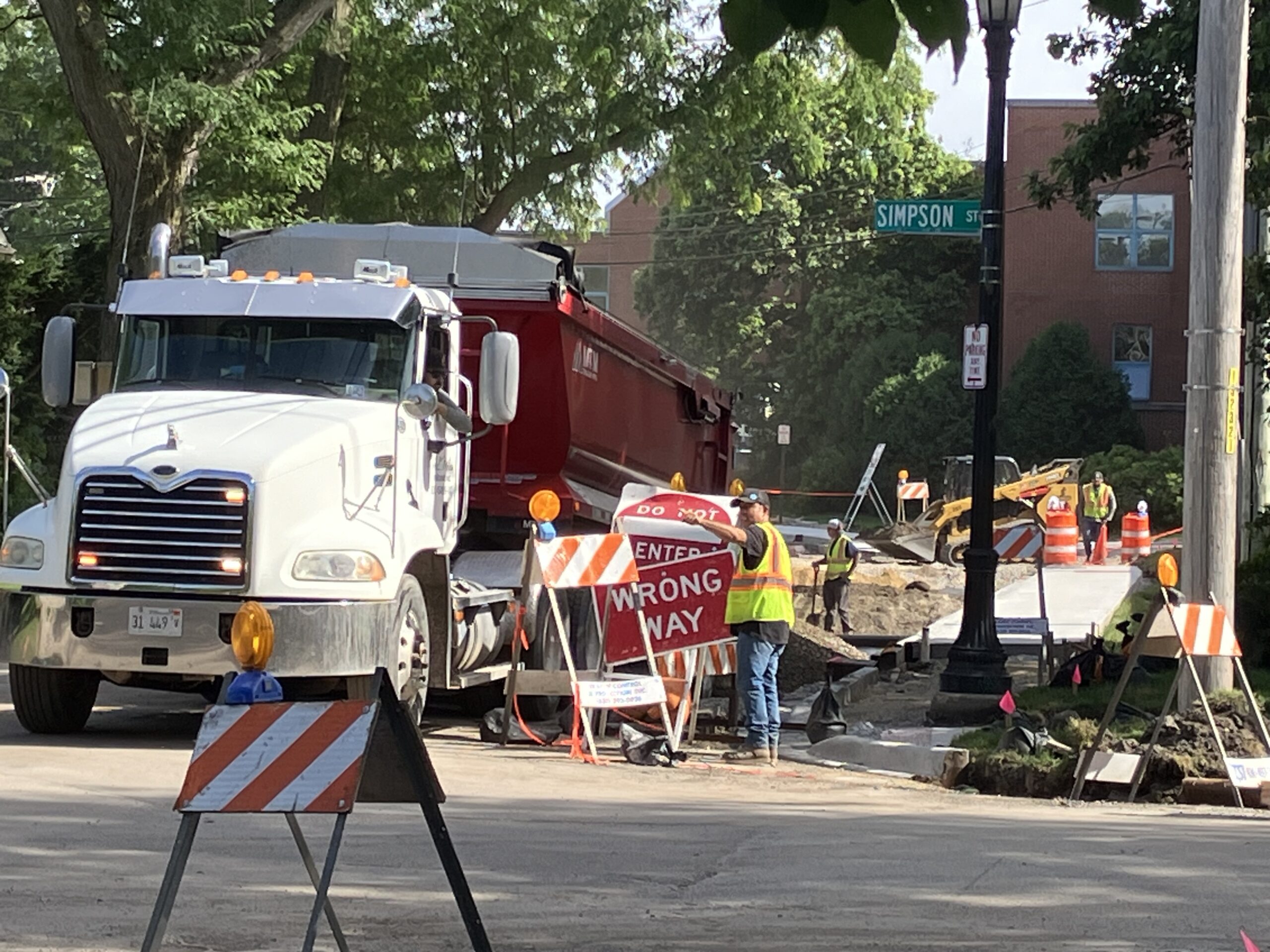By Bob Seidenberg
With the city preparing to resume water shut-offs after a nearly two-and-a-half year break, members of a city committee are pressing officials for alternative measures to cutting off service.
At the City Council’s Administration & Public Works Committee meeting March 14, members and staff agreed to hold at least one more meeting to consider alternatives before the shut-offs begin again.
The city last made shut-offs for non-payment of water/sewer/sanitation bills in October 2019, prior to the pandemic.
In July of 2021, then-newly elected Council member Devon Reid, 8th Ward, made a reference to ban water shut-offs.
At the March 14 meeting, Reid commented, “I’m certainly not excited that we are here [resuming shut-offs] before even having that discussion – at a place where we’re discussing shutting off water to residences.’’
Reid told Committee members that in his quick search of the practice, even the Romans “were able to provide water to residents without charging them.
“I think it makes sense that we charge,’’ he added, “but I think there are alternative ways that we can [either] get people to either pay the bill or collect on the bill without having to threaten to shut off water to people.’’
Residents and commercial property owners with unpaid bills for a period of more than 30 days may face having the water turned off, under City Code.
In such cases, those customers would not have their service turned back on until all water bills have been paid.
An average of 374 accounts per year are typically shut off for non-payment, Darrell King, the city’s Water Production Bureau Chief, told Committee members in a memo and presentation at the meeting.
Programs available to help residents pay
King said officials have used a variety of ways to try to collect delinquent payments. They include past-due notices, door postings, email notifications, and messages on bills, as well as a special insert with a notice about arranging a payment plan.
In addition, as of Dec. 9 last year, the city was approved to participate in the Low-income Household Water Assistance Program (LIHWAP), King said.
Established under the federal COVID-recovery American Rescue Plan Act (ARPA) of 2021. LIHWAP provides funds to assist low-income households with water bills and wastewater bills.
Households that qualify for the program make water-bill payments directly to the Evanston Water Utility through the Community and Economic Development Association of Cook County (CEDA), he said. A one-time bill payment can be up to $1,500 per eligible household, he said.
He said another possibility for assistance is through the Low Income Home Energy Assistance Program (LIHEAP).
“Qualified residents who enroll in the program will receive a reduced water rate of $1.99 per 100 cubic feet of water consumption (compared to the regular rate of $3.17 per 100 cubic feet),” King said in his memo, “and a reduced sewer rate of $1.94 per 100 cubic feet (compared to the regular rate of $3.08 per 100 cubic feet). A typical family of four uses approximately 115 units of water in a typical year. Those who qualify for the program but do not pay a water-and-sewer bill will receive an annual payment reflecting their estimated savings,” he said.
Reid: program not near ‘operational’
Officials estimate that roughly 600 households have qualified for the CEDA program. To a question from Reid on how many households are actually paying the affordable rate, King said he estimated there are 17.
Responded Reid, “Knowing that there are only 17 people in the city on that affordable water-sewer rate, we know that there are more than 17 households in our community that are struggling.”
“It seems as though right now this program isn’t anywhere near operational,” he said, “and for us to move forward with shutting off water at a point when I guess there are 17 out of 14,000 accounts [citywide], we know the program is not working as is right now.”
King said staff too has tried to notify residents about the affordable payment programs, using a variety of methods, including social media, the city’s website (cityofevanston.org), door postings, ward meetings and also an article in the Evanston RoundTable.
Shut-off notices typically go out a week before a shut-off occurs, King told Committee members. The notices urge recipients “to make a payment arrangement, contact us, [or] provide LIHEAP approval – you know, those different things, that they will have those options,” he told Committee members.
He said past practices indicate that approximately 80% of the residents who hold those accounts will pay off at that point, “and presumably what they needed was the nudge to make the payment. He said that leaves “another 20% that we will be dealing with.”
Council member Jonathan Nieuwsma, 4th Ward, observed, “I don’t think anyone wants to shut off water from somebody who is legitimately struggling and is having a problem. There are people that need help and we would like to help them.”
On the other hand, he noted, the city spends “a lot of money to deliver the water that people use, so it’s fair to expect them to pay. Although it seems like we need to do a lot more to promote the programs that are available,” he said. “It may make sense to use incentives to take advantage.”
Council member Clare Kelly, 1st Ward, asked about the cost to the city, in time or dollars, of the shut-off service. She also asked whether officials have looked at alternative means to get payments, noting that not all communities resort to shutting off water to respond to failure to pay.
King said a larger city such as Chicago has a utility-relief program. People who apply and are approved for the program can see their water-sewer rate reduced by 50%. That city, meanwhile, has not resumed water shut-offs, he said.
“Across the country, especially in big cities – Chicago, Detroit, Philadelphia, places like that – have similar programs in place to offer assistance,” he said.
However, in Illinois in general, “I’ve talked to colleagues pretty much throughout the state,” he said, “and most of them started, resumed shut-offs a year ago, so they’ve been doing it for quite some time.”
Council member Bobby Burns, 5th Ward, indicated he is not ready to follow Chicago’s path and shelve shut-offs altogether.
“We’re a much smaller city; we should be able to do the amount of outreach to all those residents,” to get them into the assistance programs, he said.
“In a short amount of time,” he added. “Chicago could never do that.”
City officials indicated they are more than open to trying alternative programs, speaking of numerous attempts to reach citizens.
“I welcome any suggestions from this Council,” King told Council members. “We try a bit of everything, including when we go to post these properties [for non-payment], we include information about these programs in the newspaper, board meetings and social media. We’ve sent out quite a bit. And so any suggestion from any of you is welcome.”
Officials were looking at resuming the water shut-offs April 18, Interim Deputy City Manager David Stoneback told the Committee.
He suggested that staff research the issue further, reporting to the Committee members at their March 28 meeting on what alternate measures other communities are using to deal with non-payment of water bills.
With water shut-offs scheduled to resume, officials are looking at alternatives to cutting off service




